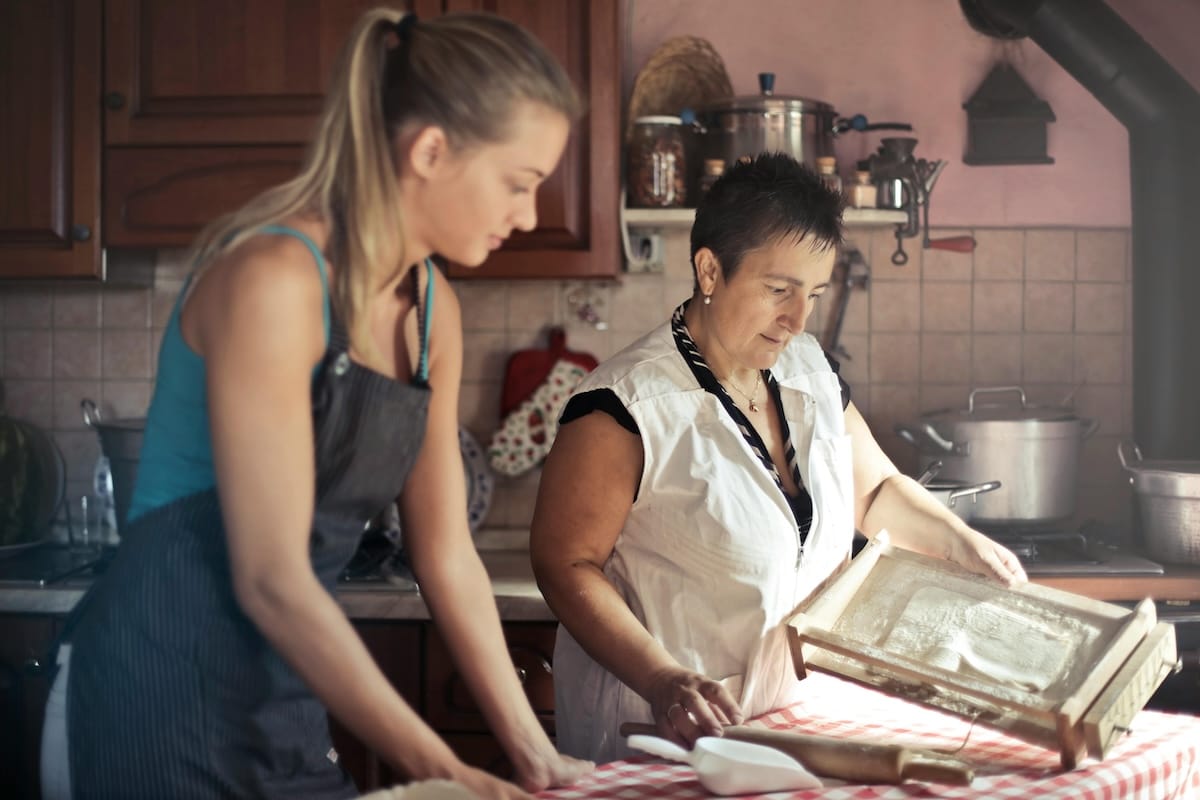If you’ve ever felt curious about pursuing a creative passion full-time, we’re breaking down the things you may want to consider and the steps you can begin taking
For years, I wanted to be a full-time, self-employed writer. But it seemed so out of reach, and there was a level of risk, too – to leave the security of an office job, to trust in my abilities, to find a way to make it work. Whether you want to make your creative passion a career or are curious about setting up a side hustle, it can be hard to know what’s right for you. But there are some steps you can take to carve out your path.
Working it out
“We spend, on average, 90,000 hours of our life working, and many of my clients have asked the question at some point whether they are in the right job,” says life coach Helen Robinson. “While our work may provide us with compensation and a prestigious title, does it truly satisfy us? Does it give us a sense of meaning and value?”
To figure this out, Helen recommends asking yourself the following questions about your creative idea:
a. Why is it you love this hobby or passion?
b. What feelings do you get from doing it?
c. What purpose does this hobby/passion serve?
This can help you gain a deeper understanding of how you feel, and whether it’s something you could potentially pursue.
Career values
Getting in touch with your career values can help you decide if and how your creative passion could become a career. This, Helen says, involves establishing whether your interest aligns with your values and motivators.
“For example, if you are driven by money and prestigious job titles, and your hobby is unlikely to provide the desired level of money, then that would suggest it was best left as a hobby or side hustle,” Helen says. “If your values and motivators are related to helping people and fairness, then maybe you could find a way to transform your creative passion into a dedicated career choice – for example, by teaching baking to vulnerable people.”

Trying things out
For me, transitioning into being a full-time writer wasn’t a case of suddenly dropping a secure job, as much as I dreamt of doing so while willing the clock to strike 5pm. I built up freelance writing work around my contracted job, and then moved into a part-time role. This gave me the stability of a monthly salary, while also giving me more time to try to build my writing career.
Transitioning like this also allows you to try things out. Maybe you want to become a professional photographer. By dedicating part of your working week to photography, you not only build a client base and get a sense for your earning potential, you also figure out something incredibly important: do you actually enjoy it?
You might love wandering woodland taking perfectly timed photos of wildlife, or find you adore the energy of being a wedding photographer. Or you may find after a while that nature photography doesn’t play to your strengths, or that weddings are too stressful. You may be surprised at what you do and don’t enjoy.
Whether you’re doing it in your spare time or as part of your working week, ask yourself the following about your creative passion:
- What do I enjoy about it?
- What’s challenging?
- What can I learn?
- How would I feel if I was doing this full-time?
- Is there any part of this that I wouldn’t like to continue with?
- Is there anything I would like to do instead?
- How does this work fit with my values?
- Realistically, how could this creative passion meet my financial needs?
- Who can support me on my journey?
- If I want to build my creative career, what are my next steps?
I’m still learning about myself as a writer, and a lot of that is through trial and error. I know what writing makes my heart sing – but I also have to think about what writing pays the bills. Thankfully, I’ve reached a point where most of the writing I do fits both, but that’s taken time.
If you’d like a contracted job, research potential employers, even if you don’t feel you’re ready to apply yet. When you look at job adverts, see what skills and experience they’re looking for, and then think about if and how you meet these. If there are gaps, consider what you can do to gain that experience now – whether through volunteering, education, or in your current role.

Guidance and wellbeing
Sometimes, a creative career can unfold naturally. But it’s often helpful to get advice. If you went to university, you may be able to access support from your university’s career service as a graduate. It’s also worth seeing if your local chamber of commerce offers mentoring or sessions on setting up a business. A career coach can help you think through your values and what you want.
Even though you’re doing something you love, there can still be stressful situations and problems to navigate in any role, and that’s OK. When you’re trying to build a creative career, it can be tempting to take on anything and everything, but you need to be realistic about what you can manage. Blocking out time for yourself and having boundaries about working hours is important. I love writing, but I know I have to make time for other things, whether dinner with friends or a relaxing walk.
It’s OK if you decide that you’d rather keep your creative passion as a hobby, or if it takes time to develop a career. Try things out, see where it takes you, and enjoy the journey.


Comments